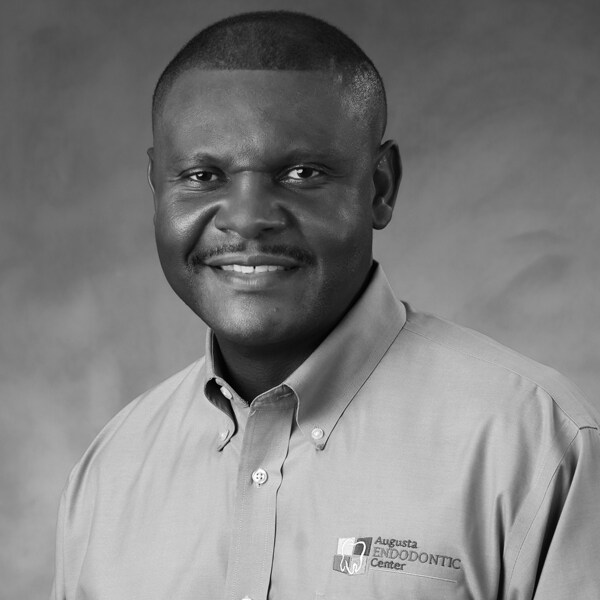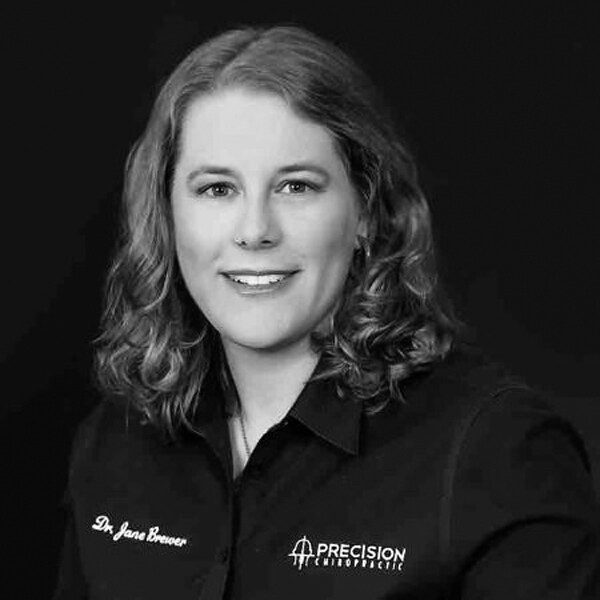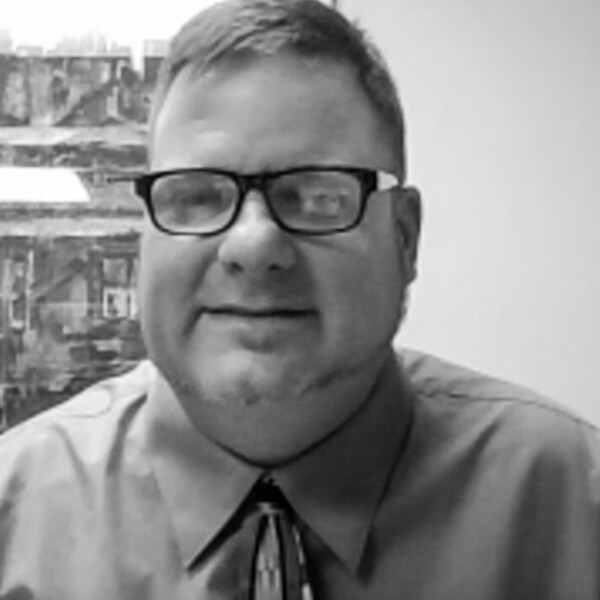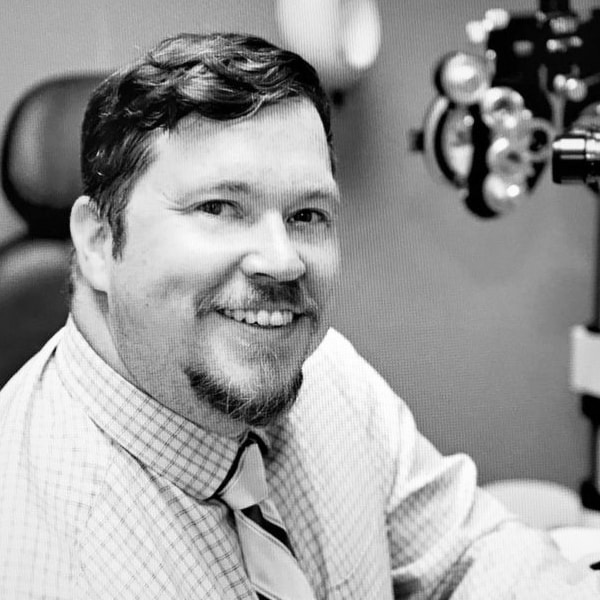A year into the pandemic, some businesses are only now returning to “normal” operations. Yet normal has been completely redefined for many small businesses in health-focused industries. They have been managing with a reduced patient load, fewer employees, time-consuming sanitation measures and, in some cases, an unprecedented level of debt. Synchrony has provided help for many such SBOs with patient financing through CareCredit, its healthcare financing credit for patients and clients of these practices, and by providing expertise to these small businesses in such areas as sales and marketing. After an incredibly challenging year, Synchrony recognized small business owners and healthcare providers who went above and beyond in serving their patients, clients and communities with a Pillars Project award. Award money helped them get back on their feet as they apply lessons learned during the pandemic to shape company strategy going forward.
Lesson One: Take Care Of Your People And Your Community

Emmanuel Ngoh, DMD: Augusta Endodontic Center, Augusta, Georgia; founded in 2000
When the pandemic arrived, endodontist Emmanuel “Manny” Ngoh, DMD, shut down his office for two weeks. The other clinics in the area had no plans to reopen, so when he reopened, Ngoh accepted their patients. He did this, in part, to keep them from visiting already inundated ERs. “I don’t remember ever working this hard in my life,” he says of the first five weeks after his practice reopened.
Throughout the turmoil of the pandemic, Ngoh focused on taking care of his team. He refused to lay anyone off during the shutdown. At one point his staff even requested a pay cut to offset costs of operating with pandemic restrictions and guidelines. He said no. “Going forward, it’s clear that the most priceless resource that we all have is the people around us,” he says.
When Synchrony named Ngoh a Pillars Project award winner, he knew the award money would help him continue to support his community. Ngoh says he used all of his award money to support three local dental organizations, commitments he knows will help get dental students certified and into the workforce. He also gave to an underserved K-8 school.
One new tool Ngoh embraced in 2020 was social media engagement, which he learned about with help from CareCredit. A social media strategy was both great for his business and his community. He shared the news of his team’s donation of the award money on social media. A local paper took notice, and they wrote about his pandemic experience and generosity. He says the coverage inspired other small business owners to follow in his philanthropic footsteps.
Lesson Two: Never Stop Learning

Jane Brewer, DC: Precision Chiropractic, Johnstown, Colorado; founded in 2015
Neurostructural chiropractor Jane Brewer, DC, was at a loss when the department of health ordered her practice, Precision Chiropractic, to close temporarily at the end of March 2020. But Brewer put the time out of office to good use. As a member of the board of Loveland Habitat for Humanity, she, a staff member and a few patients participated in a Women Build team and helped build a house while her business was closed. She also sponsored a local organization that provides education, resources and access to services including chiropractic care to traditionally underserved populations to increase their chance of successful, healthy births.
When Precision Chiropractic reopened at the end of April 2020, Brewer implemented new safety protocols and tools to improve the patient experience, including a new two-way texting platform and remote intake form to facilitate contactless patient communication, which will continue to be used well after the pandemic. Thanks to the Pillars Project award from Synchrony, she also invested in HEPA filters for the office. The award money also provided funds to purchase a pair of special glasses that help measure the range of motion of the cervical spine in a person’s neck. This purchase will support Brewer’s pursuit of excellence in her field because ultimately, her goal is to improve her patients’ quality of life. “I know that when people practice self-care as a matter of routine rather than as a reaction to things, that helps their body be better equipped to handle things like a pandemic,” she says. In addition, offering her patients financing options through CareCredit has had a positive impact on both patient outcomes and the business. “Patients could pay for care as they go, and if they use CareCredit, they have some flexibility in making payments without interest. CareCredit gave them a way to pay in a way that made sense for them and their families,” Brewer says.
Lesson Three: Using Data To Unlock Opportunities

Chris Wietzke: Nexus Home Medical Equipment, Troy, Michigan; founded in 2014
“It was epic. There’s no other word for the change in business,” says Chris Wietzke of what the pandemic did to his small company. He founded Nexus Home Medical Equipment with his niece in 2014, after witnessing his mother’s experience with home medical equipment. Wietzke knew he and his family could do better.
Over time, Nexus earned the trust of the long-term care facilities it works with. At the start of the pandemic, Wietzke helped many facilities set up quarantine areas to help prevent the spread of COVID-19. One facility contacted Nexus to see if they could procure surgical masks for its staff and residents. He didn’t have a way to get masks, but a friend in the healthcare industry told him about a company in Michigan that made coffee filters. “How hard would it be for you to make masks?” he asked the owner. “Because if you can make ’em, I can turn ’em.” Soon Wietzke had half a million face masks in his possession. He could have made a small fortune online, but true to his nature, he sold them at a reasonable price to the facilities in need. “I was driven by a need to do something for the community,” he says.
The Pillar Project award money from Synchrony couldn’t have come at a better time, Wietzke says. He reinvested 95% of it back into the business and used the remainder to pay taxes.
The most valuable business lesson Wietzke learned in 2020 was while he was in the office as his employees worked from home. He had time to dive into the data analytics. He found ways to help eliminate multiple service calls for repairs or replacements, and ways to ensure patient satisfaction. Thanks to his research, Nexus now works with patients proactively to assess their needs, develop specific prescription packages for them and help them request an altered prescription from their doctor if necessary. The win-win result has cemented Nexus’s reputation as a company that puts its patients first.
Lesson Four: Don’T Give Up The Dream

Joseph Ledford, OD: Inlet Eye Associates, Murrells Inlet, South Carolina; founded in 2020
Joseph Ledford, OD, thought everything had come together when he opened Inlet Eye Associates in January 2020. Just two months later, however, he closed by the strong recommendation of the CDC and laid off his employees, who were able to take advantage of pandemic unemployment assistance. He spent the next nine weeks working with insurance companies and financing the business with personal credit cards. In late May, he learned the shop had been erroneously ordered to close in March.
Ledford’s residency in advanced ocular disease qualified him as an essential worker, and he reopened the shop right away and was the lone employee to start. He started seeing patients with a variety of ocular conditions. By treating these emergencies, he also kept patients out of two nearby ERs. A few weeks later he brought in an office manager, followed by a tech.
Ledford implemented many positive, pandemic-related changes, including enhanced sanitation measures, online-entry for paperwork and an appointment-only policy. Ledford used his Pillars Project award to pay off bills he had put on personal credit cards, which freed up much-needed capital for hiring new staff. His business has grown since he reopened, and he currently has six employees, with hopes of hiring more.
CareCredit, a Synchrony solution, is committed to helping healthcare providers thrive. See how you can grow your business.

